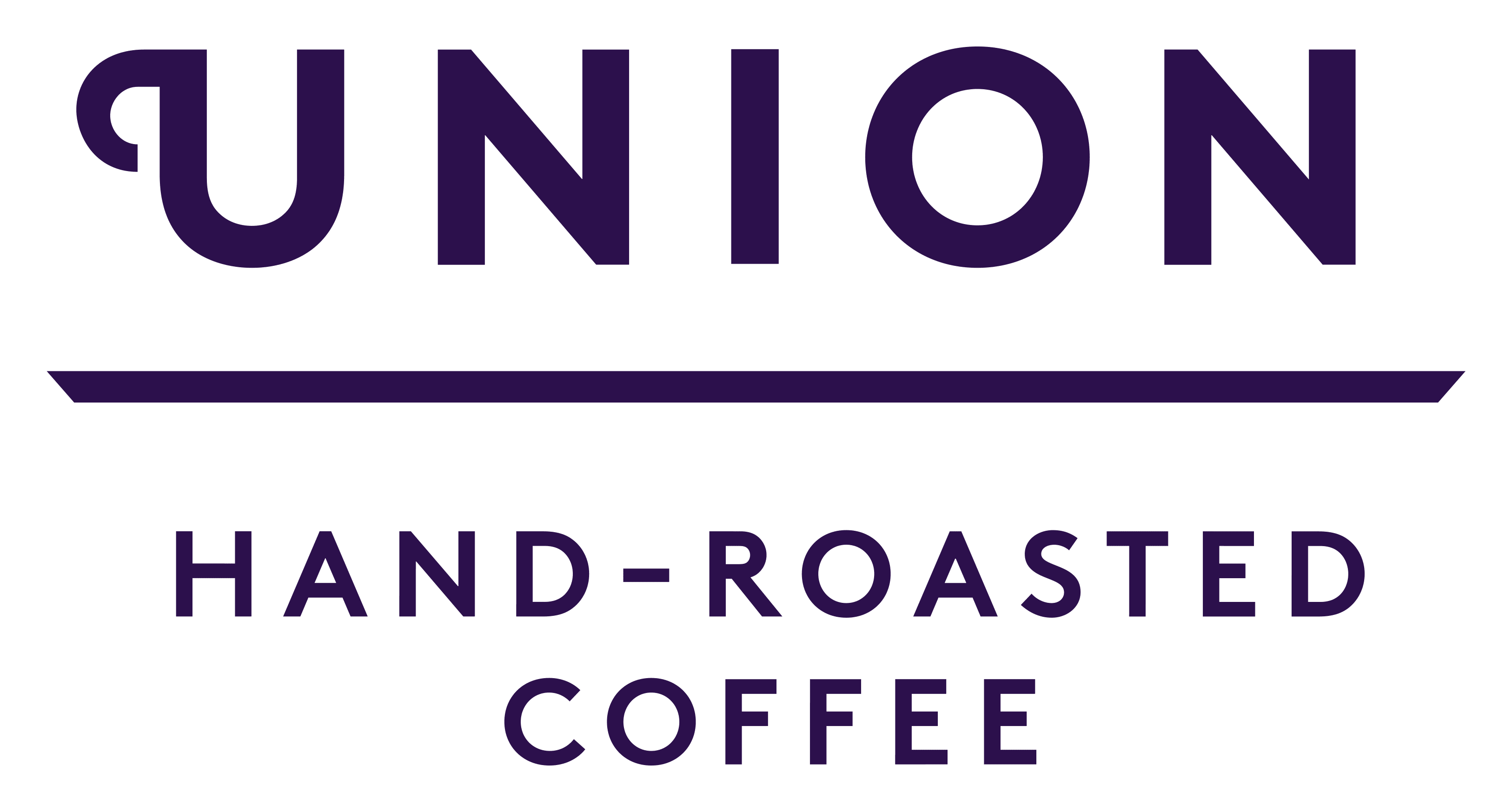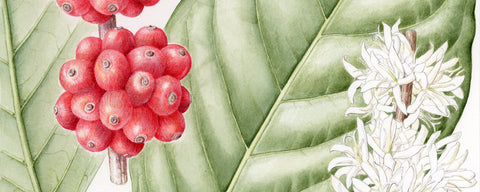First Published - April 19, 2016 (By Pascale - Coffee Lover, Traveller and Mother)
A couple of weeks ago an article on modern slavery in the coffee sector was shared by Sprudge, a well-known on-line coffee magazine.
‘Two of the world’s biggest coffee companies, Nestlé and Jacobs Douwe Egberts, admit that beans from Brazilian plantations using slave labour may have ended up in their coffee because they do not know the names of all the plantations that supply them.’ (The Guardian)
Michael Sheridan had already written a very insightful blog series on the issue.
The Ethical Trading Initiative has been very involved with developing training and raising awareness about the Modern Slavery Act 2015 .
However, the subject is so sensitive, that at first I really didn’t want to write about it. The article on Sprudge created quite some commotion, and I didn’t want to mix into the discussion. What struck me most about the reactions was that people were very upset and afraid that it would do harm to the overall Brazilian Coffee Sector.
A couple of days earlier, my social media had filled with a similar issue and response type when a Costa Rica deputy had spoken about labour violation issues faced by indigenous Panamenian Ngobe’s who temporarily migrated to Costa Rica to work for the coffee harvest.
I was actually very impressed by the woman raising the topic. And I felt proud for Costa Rica that they have people with influence in politics who care about the situation of vulnerable workers. In many Central American countries the topic of labour rights is not very high on the political agenda.
She wanted to set the agenda. What she advocated was improving the registration for migrant workers so that they fall under Costa Rican labour law making it easier to enforce rules and regulations. Only official migrant workers can take advantage from the benefits they are entitled too. She mentioned that many farms in a region called Los Santos were doing a great job in achieving high labour standards, whereas others weren’t. Also she wanted more funds to be dedicated to labour inspectors because they often have no car and depend on a ride from the farmer if they wanted to get out to visit and inspect the farms. Issues like this could affect their neutrality.
A couple of months ago I had asked a coffee farmer in El Salvador to provide 4 of his workers with social health care benefits. A couple of weeks later, he told me that labour inspection had visited the farm and only 1 worker could be subscribed because agricultural workers weren’t eligible for this national health system.
Why am I sharing these stories? Labour issues with farmworkers in cotton, cacao and coffee are the same. As Union, we work very hard to keep our supply chain free from undesirable practices. Since 2002, we have been a member of the Ethical Trading Initiative which demonstrates our commitment to workers’ rights.
The first step any company needs to take is recognizing that we are aware that the coffee industry has problems. It is easy to take an attitude that, if you don’t talk about it, the problem doesn’t exist and they don’t have to do anything about it. People who talk about it, get burned down instead of receiving ideas or support in how to deal with these issues.
We want the people that drink our coffee to know that we source our coffee ethically and labour issue’s are high on our agenda when we visit our farmers. We know the names of all producers, we know the faces of our farmers and we actively encourage them to invest in their workers.


